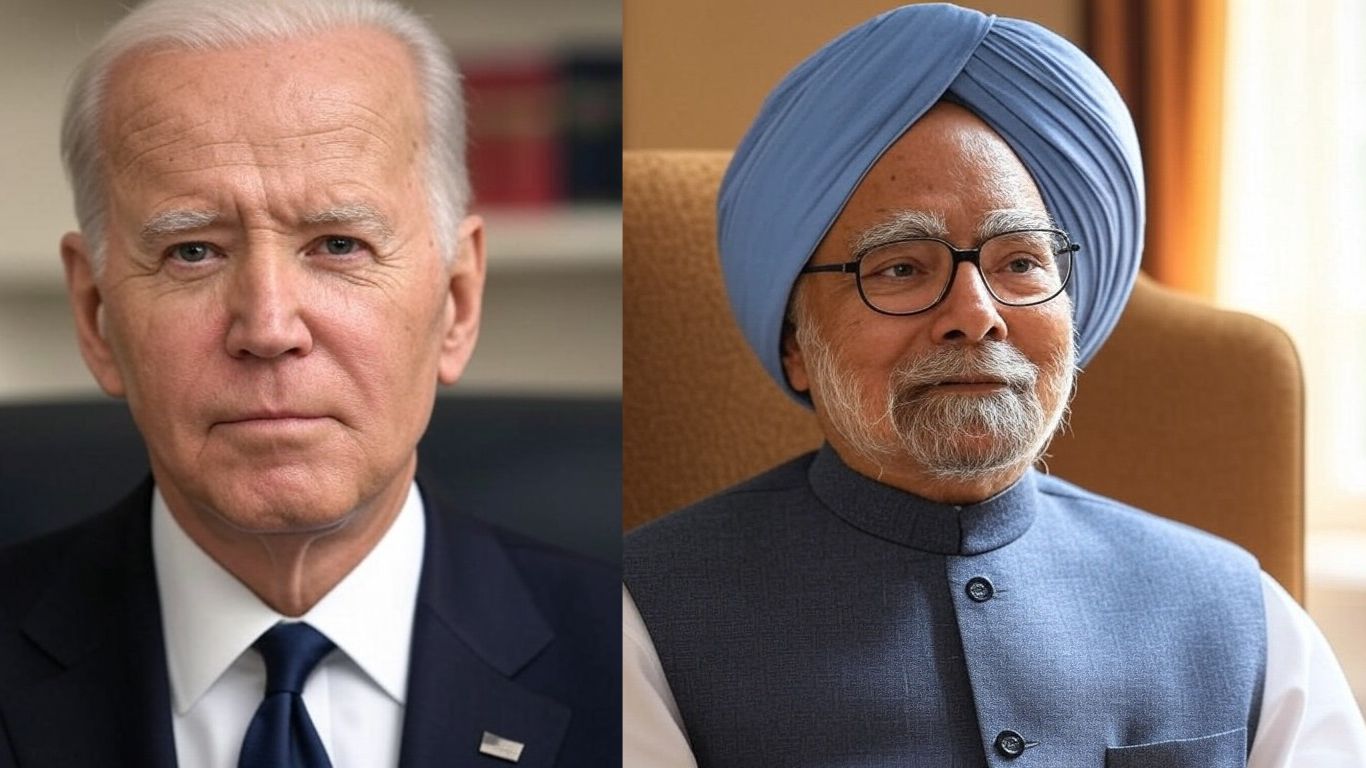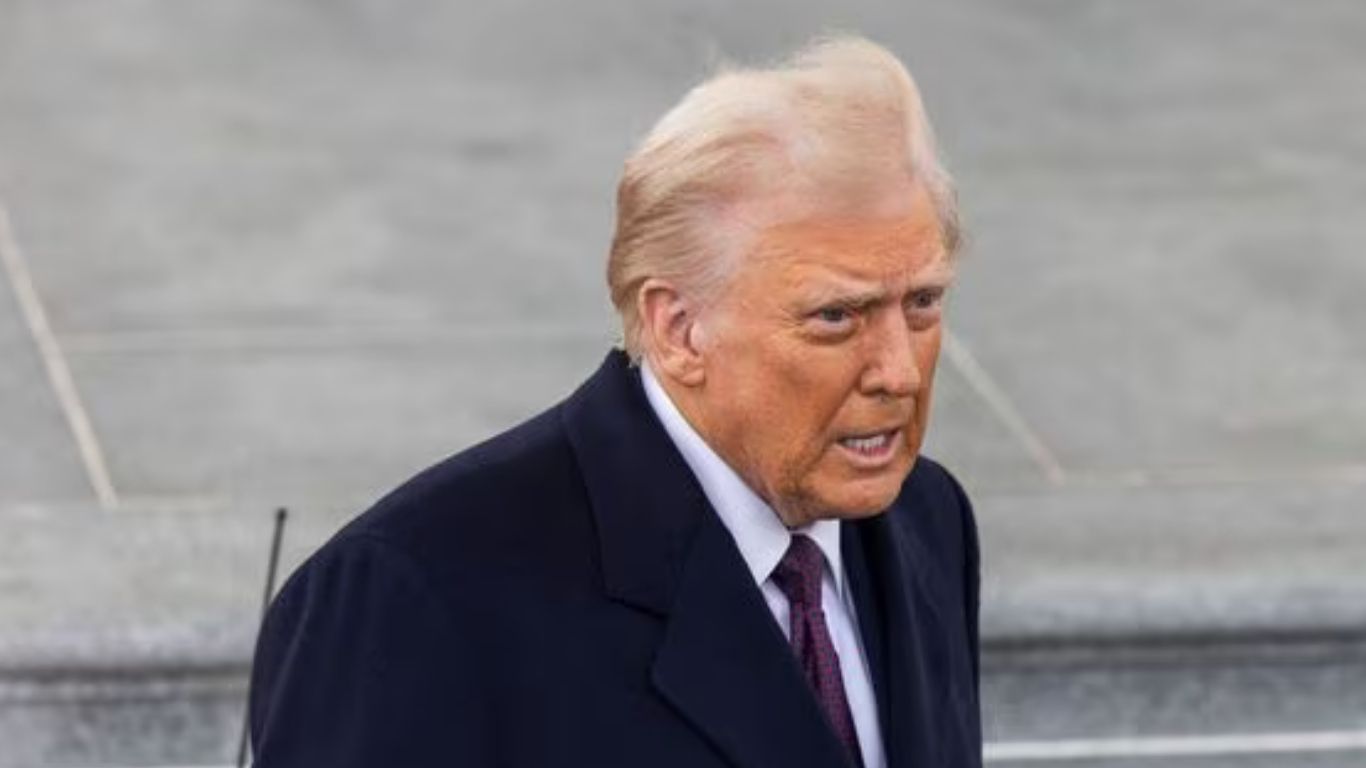The White House issued a heartfelt statement on Saturday from US President Joe Biden, mourning the passing of former Indian Prime Minister Manmohan Singh. Singh, a towering figure in Indian politics and the architect of India’s economic liberalization, passed away on Thursday night at the age of 92. His leadership left an indelible mark on India’s history, particularly during his two consecutive terms as Prime Minister from 2004 to 2014.
Biden’s Statement on Singh’s Legacy
In his statement, President Biden highlighted the pivotal role Singh played in strengthening the US-India relationship.
“Jill and I join the people of India in grieving the loss of former Indian Prime Minister Manmohan Singh,” President Biden remarked. He credited Singh’s “strategic vision and political courage” for enabling an unprecedented level of cooperation between the United States and India. Among Singh’s most notable contributions was the US-India Civil Nuclear Agreement, which marked a transformative moment in bilateral relations. Biden also acknowledged Singh’s role in establishing the foundation of the Quad partnership between Indo-Pacific nations, a move that continues to influence global diplomacy.
A Leader and a Gentleman
Describing Singh as “a true statesman, a dedicated public servant, and above all, a kind and humble person,” Biden fondly recalled their personal interactions. He mentioned his meetings with Singh as Chairman of the Senate Foreign Relations Committee in 2008, as Vice President during Singh’s official state visit to the US in 2009, and during his visit to New Delhi in 2013.
“We discussed how the US-India relationship is among the most consequential in the world,” Biden said. “Together, as partners and friends, our nations can unlock a future of dignity and unlimited potential for all of our people.”
Biden extended his condolences to Singh’s wife, former First Lady Gursharan Kaur, their three children, and the people of India, describing the loss as deeply personal and significant for both nations.
Manmohan Singh’s Remarkable Legacy
Manmohan Singh’s contributions to India span several decades, with notable achievements in politics, governance, and economic reforms:
1991 Economic Reforms
Singh’s economic reforms as Finance Minister under Prime Minister Narasimha Rao in 1991 dismantled the Licence Raj, a regulatory system that hindered India’s growth for decades. These reforms opened India’s economy to global markets, catalyzing an era of rapid economic expansion and modernization.
Legislative Milestones as Prime Minister
As Prime Minister, Singh spearheaded several landmark legislations that transformed millions of lives:
- Mahatma Gandhi National Rural Employment Guarantee Act (MGNREGA): Ensured rural employment and economic security.
- Right to Information Act (RTI): Enhanced transparency and accountability in governance.
- Right to Education Act (RTE): Guaranteed free and compulsory education for children aged 6 to 14.
Other Distinguished Roles
Singh’s illustrious career included serving as:
- Governor of the Reserve Bank of India (1982–1985)
- Padma Vibhushan Awardee (1987): India’s second-highest civilian honor.
- Rajya Sabha Member (1991–2024): Concluding a 33-year tenure earlier this year.
A Decade of Transformation
Singh’s tenure as Prime Minister was the longest among Congress leaders after Jawaharlal Nehru and Indira Gandhi. His era was marked by economic growth, social welfare programs, and efforts to maintain India’s global relevance.
Remembering Manmohan Singh
President Biden’s message resonates with the sentiments of people worldwide who remember Singh for his intellect, humility, and dedication to public service. His legacy as a transformative leader will continue to inspire generations in India and beyond.















